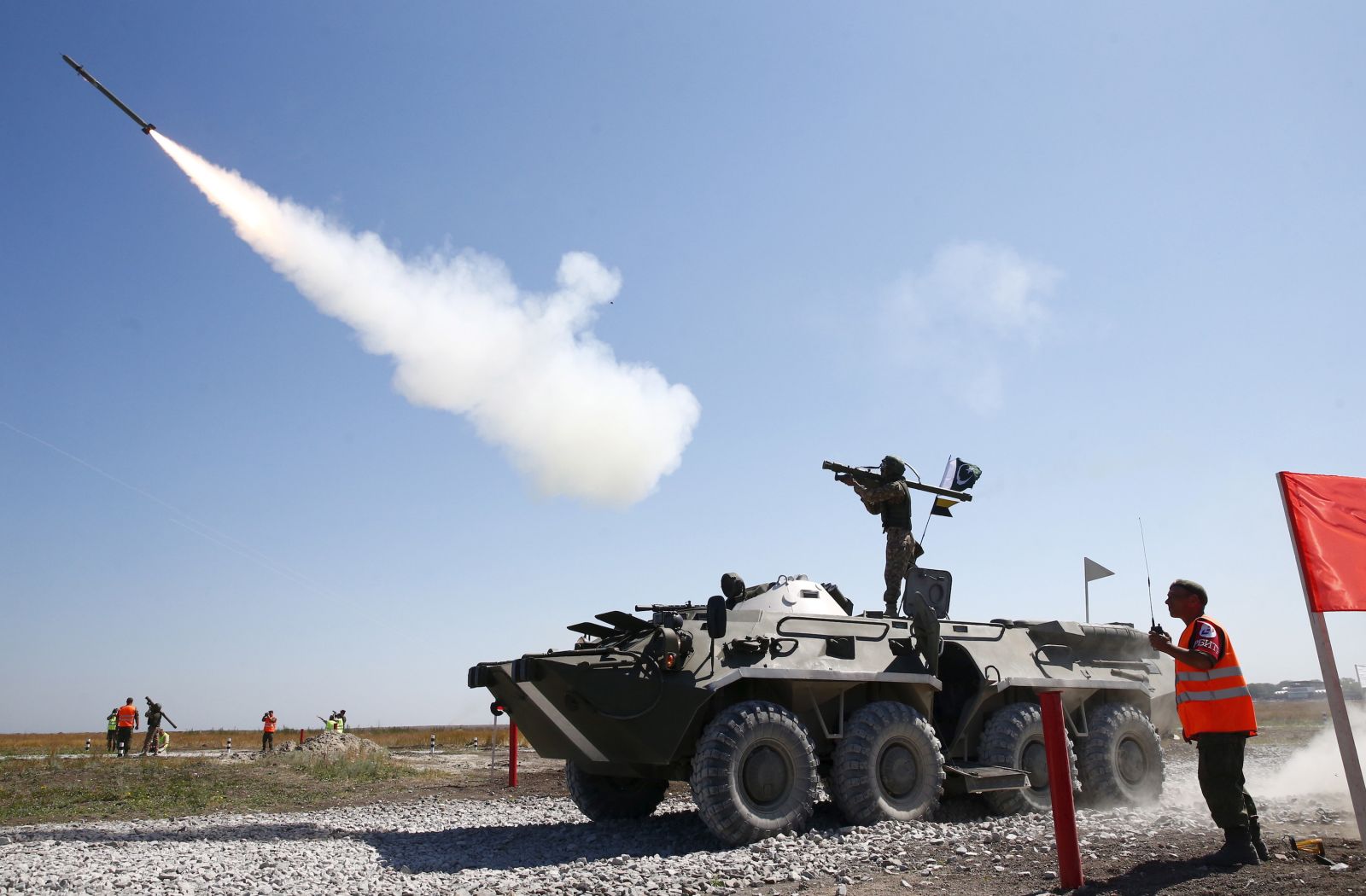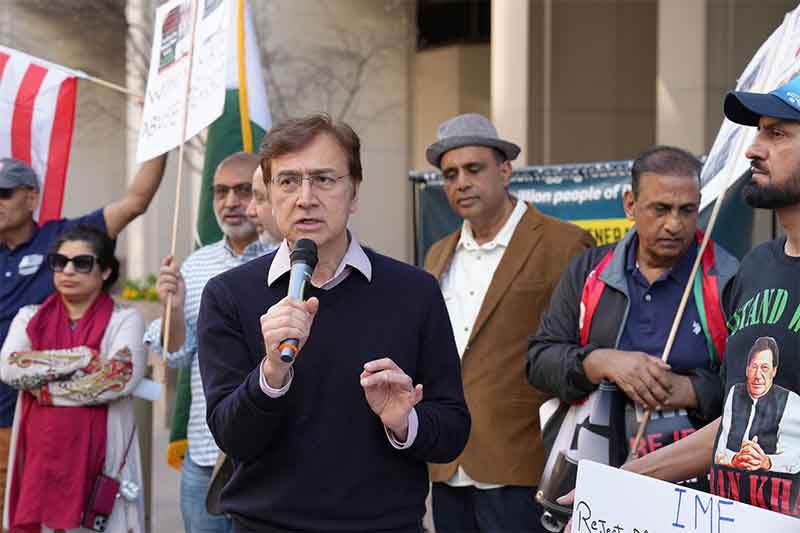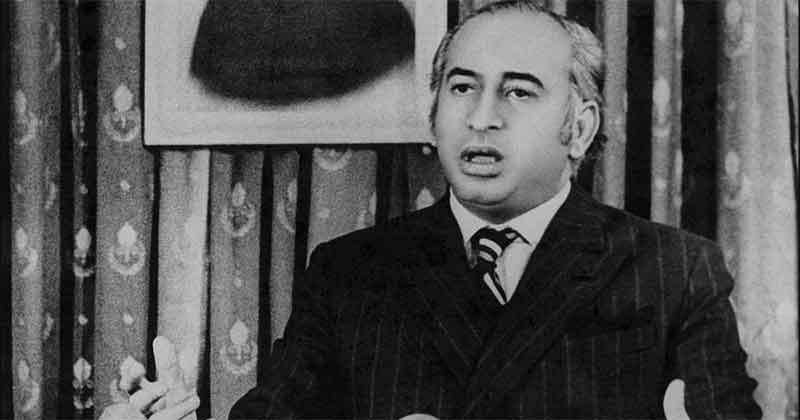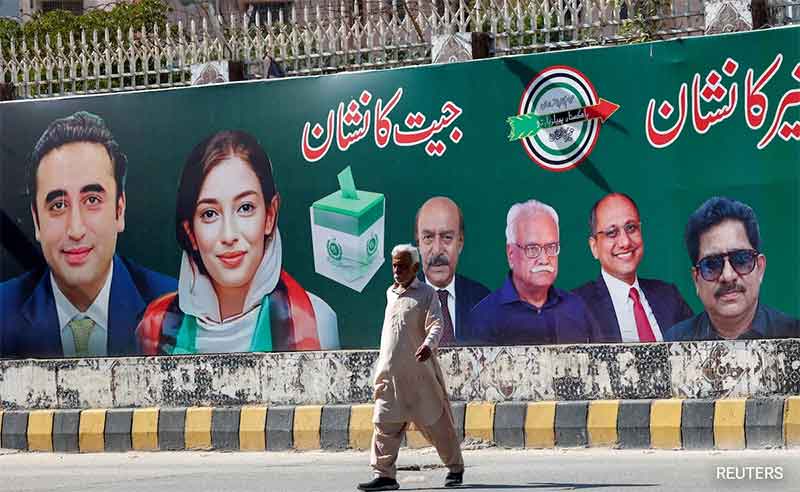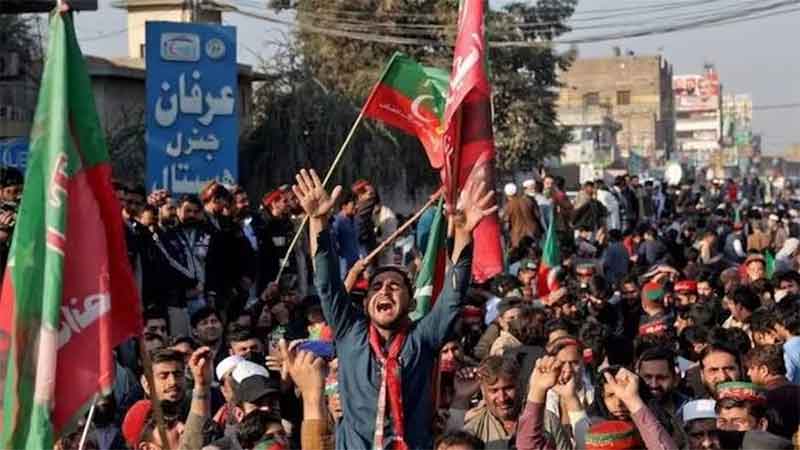Before the signing of the Iran nuclear deal last year, BBC’s defense correspondent, Mark Urban, alleged in a report [1] that Pakistan’s military has made a clandestine deal with Saudi Arabia that in the event of Iran developing a nuclear weapon, Pakistan would provide ready-made nuclear warheads along with delivery systems to Saudi Arabia.
Moreover, it should be remembered that Pakistan’s military and Saudi Arabia have very deep and institutionalized links: thousands of Pakistani retired and serving army officers work on deputations in the Gulf States; furthermore, during the ‘80s Saudi Arabia lacked an efficient intelligence set-up, and Pakistan’s ISI virtually played the role of Saudi Arabia’s foreign intelligence service.
Additionally, in the recent years Pakistan’s defense production industry, with Chinese assistance, has emerged as one of the most sophisticated military-industrial complex in the region. Not only does it provides state-of-the-art conventional weapons to the oil-rich Gulf States, but according to a May 2014 AFP report [2], Pakistan-made weapons were also used in large quantities in the Sri Lankan Northern Offensive of 2008-09 against the Tamils.
Notwithstanding, from the massacres in Bangladesh in 1971 to the training and arming of jihadists during the Soviet-Afghan war throughout the ‘80s and ‘90s, and then launching ill-conceived military operations in Pakistan’s tribal areas under American pressure, which led to the displacement of millions of Pashtun tribesmen, the single biggest issue in Pakistan has been the interference of army in politics. Unless we are able to establish civilian supremacy in Pakistan, it would become a rogue state which will pose a threat to the regional peace and its own citizenry.
Regarding the Kashmir dispute, there can be no two views that the right of self-determination of Kashmiris must be respected; and I am also of the opinion that Pakistan should lend its moral, political and diplomatic support to the Kashmiri cause; but at the same time I am strongly against the militarization of any dispute, not just Kashmir.
The insurgency in Kashmir erupted in the fateful year1984 of the Orwellian fame; when the Indian Armed Forces surreptitiously occupied the whole of Siachen glacier, including the undemarcated Pakistani portion. Now we must keep the context in mind: those were the heydays of the Cold War and Pakistan military’s proxies, the Afghan so-called “Mujahideen” (freedom fighters) were winning battle after battle against the Red Army, and the morale of Pakistan army’s top brass was touching the sky.
Moreover, Pakistan’s national security establishment also wanted to inflict damage to the Indian armed forces to exact revenge for their embarrassment in the Bangladesh War of 1971, when India took 90,000 Pakistani soldiers as prisoners of war. All they had to do was to divert a fraction of their Afghan jihadist proxies towards Kashmir to light the fires of insurgency in Kashmir.
Here we must keep in mind, however, that an insurgency cannot succeed anywhere, unless the insurgents get some level of popular support from the local population. For example: if a hostile force tries to foment an insurgency in Punjab, they wouldn’t succeed; because Punjabis don’t have any grievances against Pakistan. On the other hand, if an adversary tries to incite an insurgency in the marginalized province of Balochistan and tribal areas, it will succeed because the local Baloch and Pashtun population has grievances against the heavy-handedness of Pakistan’s security establishment.
Therefore, to put the blame squarely on the Pakistani side for the Kashmir conflict would be unfair. Obviously, the insurgents in Kashmir do get a level of popular support from the local population which has grievances against the Indian Federation. Moreover,Pakistan’s stance on Kashmir has been quite flexible and it has floated numerous proposals to resolve the conflict. By contrast, India’s stance, not just on Kashmir but on all issues, has been quite rigid; because it is negotiating from a position of strength. However, diplomacy aside, the real victims of this intransigence and hubris on both sides has been the Kashmiri people and a lot of innocent blood has been spilled for no good reason.
Coming back to the topic, for the half of its 68 years long history Pakistan was directly ruled by the army and for the remaining half the security establishment kept dictating Pakistan’s foreign and security policy from behind the scenes. The outcome of the first martial law (1958-71) was that Bengalis were marginalized and alienated to an extent that it led to the dismemberment of Pakistan; during the second decade-long martial law (1977-88) our so-called “saviors” trained and armed their own nemesis, the Afghan and Kashmiri jihadists; and during the third martial law (1999-2008) they made a volte-face under American pressure and declared a war against their erstwhile proxy jihadists that lit the fires of insurgency in the tribal areas of Pakistan.
Although, many liberal political commentators in Pakistan nowadays hold an Islamist general, Zia-ul-Haq, responsible for the jihadist militancy in our tribal areas; however, it would be erroneous to assume that nurturing militancy in Pakistan was the doing of an individual scapegoat named Zia; all the army chiefs after Zia’s assassination, including Aslam Beg, Asif Nawaz, WaheedKakar, Jahangir Karamat and right up to General Musharraf, upheld the same military doctrine of using jihadist proxies to destabilize the hostile neighboring countries, like Afghanistan, India and Iran, throughout the ‘90s. A strategic rethink in the Pakistan Army’s top brass took place only after 9/11, when Richard Armitage threatened General Musharraf in so many words: “We will send you back to the Stone Age.”
Thus, the deliberate promotion of Islamic radicalism and militancy in the region was not the doing of an individual general; rather, it was the well-thought-out military doctrine of a rogue institution. The military mindset, training and institutional logic dictates a militarist and offensive approach to the foreign and domestic affairs. Therefore, as a matter of principle the khakis must be kept miles away from the top decision-making organs of the state.
Regardless, the annual budgetary allocation for defense roughly amounts to a quarter of the federal budget, but Pakistan army also operates its own business empire: from myriads of industries like Fauji Fertilizers and Askari bank and cement to the most lucrative real estate business carried out by the Defense Housing Authority (DHA). All the major cities of Pakistan are dotted with numerous sprawling military cantonments and DHA’s housing colonies for the officers of the Pakistan armed forces.
The profits earned from this business empire are not included in the aforementioned budgetary allocation. Apart from that, Pakistan army has also been getting $1.2 billion every year from the American Coalition Support Fund for the last decade or so, for its partnership with the US in the latter’s dubious “war on terror” policy. If we add up all that, our East India Company really is an unaffordable white elephant. And I don’t mean East India Company in a metaphorical sense; they literally are Pakistan’s indigenous colonizers.
The army officers have their own separate barricaded housing colonies and cantonments where the natives aren’t allowed to enter. They operate their own network of schools, colleges and universities for the children of the army officers. They also run their own hospitals like the Combined Military Hospitals in all the major cities of Pakistan. The British colonizers in India also established separate housing colonies and cantonments, missionary schools and hospitals. In more than one ways Pakistan army is like the British East India Company.
Finally, the rule of law, more than anything, implies the supremacy of the law: that is, all the institutions must work within the ambit of the constitution. The first casualty of the martial law, however, is constitution itself, because it abrogates the supreme law of the land. All other laws derive their authority from the constitution, and when the constitution itself has been abrogated then only one law prevails: the law of the jungle. If the armed forces of a country are entitled to abrogate “a piece of paper,” known as the constitution under the barrel of a gun, then by the same logic thieves and robbers are also entitled to question the legitimacy of civil and criminal codes, which derive their authority from the constitution.
It’s high time that all the political forces and civil society of Pakistan present a united front against the foreign and as well as the domestic enemies. Pakistan armed forces are the friends of Pakistan within their constitutionally-ordained limits, but outside of those limits they are the worst enemies of Pakistan. Determining the domestic and foreign policy of Pakistan is the sole prerogative of Pakistan’s elected representatives; and anyone who thinks that they can redefine the national interest to suit their personal ambition, or institutional interests, is a traitor who shall be judged harshly by the history.
Sources and links:
[1] Saudi nuclear weapons ‘on order’ from Pakistan: BBC’s defense correspondent, Mark Urban.
http://www.bbc.com/news/world-middle-east-24823846
[2] Pakistan-made arms were used against Tamils in Sri Lanka:
http://newsweekpakistan.com/the-war-that-wasnt-live/
NaumanSadiq is an Islamabad-based attorney, columnist and geopolitical analyst focused on the politics of Af-Pak and MENA regions, neocolonialism and Petroimperialism.

